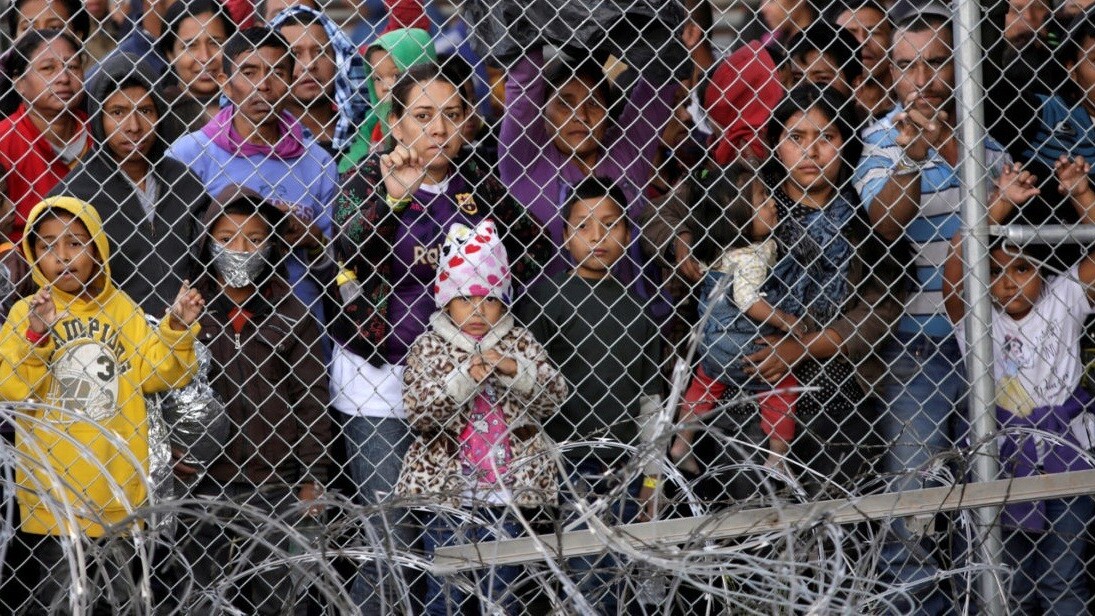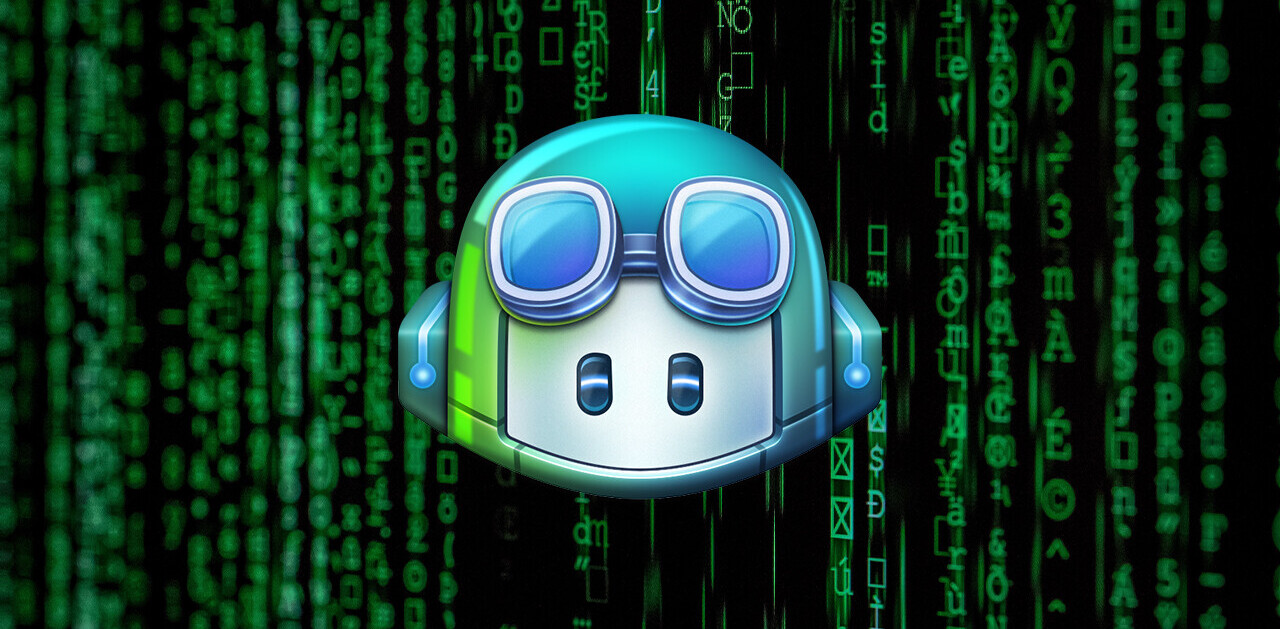“I do not believe that it is appropriate, practical, or within our mission to examine specific government projects with the purpose of selecting which U.S. agencies we should or should not do business.” Barry Crist, CEO of Chef, in an email to employees.
“And to be clear: I also find policies such as separating families and detaining children wrong and contrary to the best interests of our country.” Also Barry Crist, in the same email.
It isn’t everyday you’ll find an executive businessperson in a leadership position willing to admit to the general public that they believe it’s inappropriate to examine the moral implications of the work they choose to do. But there you have it.
Chef, a company that develops software platforms, recently took on a government contract involving work with ICE and DHS (no big deal, we’re all still using Windows and Alexa right?). This allegedly caused a little employee backlash, but the real controversy didn’t start until a former employee got wind and learned the company was still using work from his personal Github.

The former employee, software engineer Seth Vargo, didn’t like the idea of his work supporting ICE so he deleted the repository in protest – something he’s perfectly in his rights to do. Chef responded by reverting to an older version of his software, posting it in someone else’s hub, and crediting it with someone else’s name (the name issue’s since been fixed).
TNW spoke with Vargo. He told us:
I’m not trying to make a political statement. As software engineers, we have to abide by some sort of moral compass. When I learned that my code was being used for purposes that I perceive as evil, I had to act.
Chef’s decision to remain silent on the issue, and their decision to restore an older version of the code, removing me as an author from the metadata, however, speaks volumes to their own moral and ethical standards.
It’s hard to discern just what those moral and ethical standards are. The email Crist sent to employees was among the greatest abortions of leadership this writer has ever seen. Rather than cherry-pick, here’s the relevant passages from which the quotes above were taken:
While I understand that many of you and many of our community members would prefer we had no business relationship with DHS-ICE, I have made a principled decision, with the support of the Chef executive team, to work with the institutions of our government, regardless of whether or not we personally agree with their various policies.
I want to be clear that this decision is not about contract value — it is about maintaining a consistent and fair business approach in these volatile times. I do not believe that it is appropriate, practical, or within our mission to examine specific government projects with the purpose of selecting which U.S. agencies we should or should not do business. My goal is to continue growing Chef as a company that transcends numerous U.S. presidential administrations.
And to be clear: I also find policies such as separating families and detaining children wrong and contrary to the best interests of our country.
Imagine being given a leadership position in a company large enough to vie for government contracts and using that privilege to do things that you yourself claim are contrary to the best interests of your country. What kind of person serves the state against the interests of the country?
We emailed Chef to find out. CEO Barry Crist responded to our questions as follows:
TNW: In the following statement from your recent blog post: “I do not believe that it is appropriate, practical, or within our mission to examine specific government projects with the purpose of selecting which U.S. agencies we should or should not do business,” it appears as though the company CEO is saying he believes companies should either accept all relevant government contracts or none. Is this how he intended the statement to be taken? Shouldn’t there be some moral compass when it comes to choosing which contracts to seek even if they’re government contracts?
Crist: The history of our relationship with DHS goes back to 2014, during the Obama administration, where we engaged in helping modernize governmental IT infrastructure to help the government better serve its citizens. In 2015 we signed a contract with the DHS-OCIS (Office of US Citizenship and immigration services). As they went through organizational transformation that spawned into relationships with DHS-TSA and DHS-ICE.
All of that work was focused on general purpose compute modernization. To the best of our knowledge our software has never been used in systems that further the separation of parents and children at the US border. We would never knowingly enter into a contract that was doing harm into the world — our relationship was focused on general purpose compute only.
TNW: The CEO states “And to be clear: I also find policies such as separating families and detaining children wrong and contrary to the best interests of our country.” how does he and the company reconcile the fact that, in a free market, it’s doing business with an organization that conducts itself in ways that are (as he puts it) not in the best interests of the country?
Crist: Chef’s (sic) develops relationships with its customers for the long term. ICE’s practices now differ from what they were when the relationship was initiated and will change again under future executive administration.
My goal is to continue growing Chef as a company that transcends numerous U.S. presidential administrations. Chef does not believe that it is appropriate, practical, or within our mission to examine specific government projects with the purpose of selecting which U.S. agencies we should or should not do business with, especially because our software is for general purpose IT Automation.
Chef doesn’t make the cages, and if we wait long enough the government will sort itself out… all of our questions have been answered.
Get the TNW newsletter
Get the most important tech news in your inbox each week.






